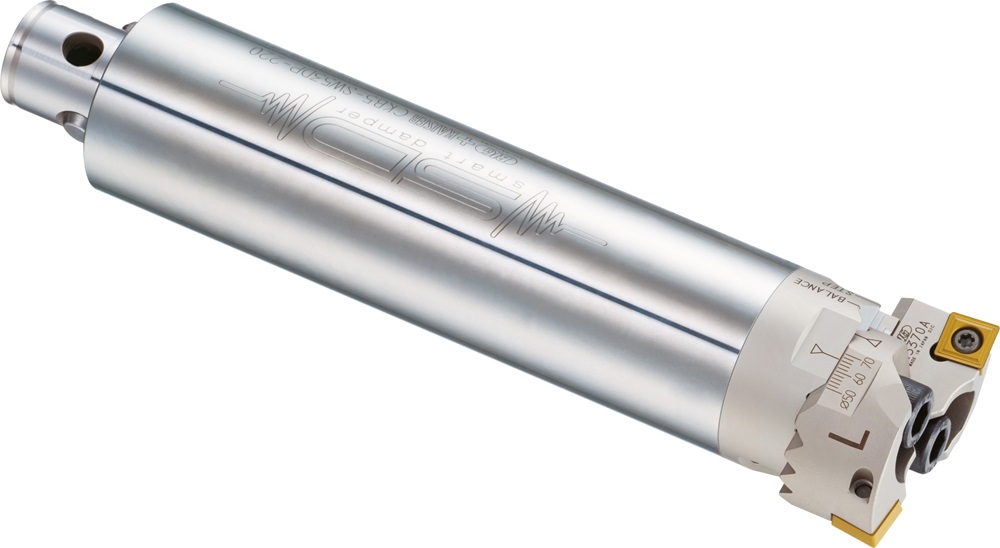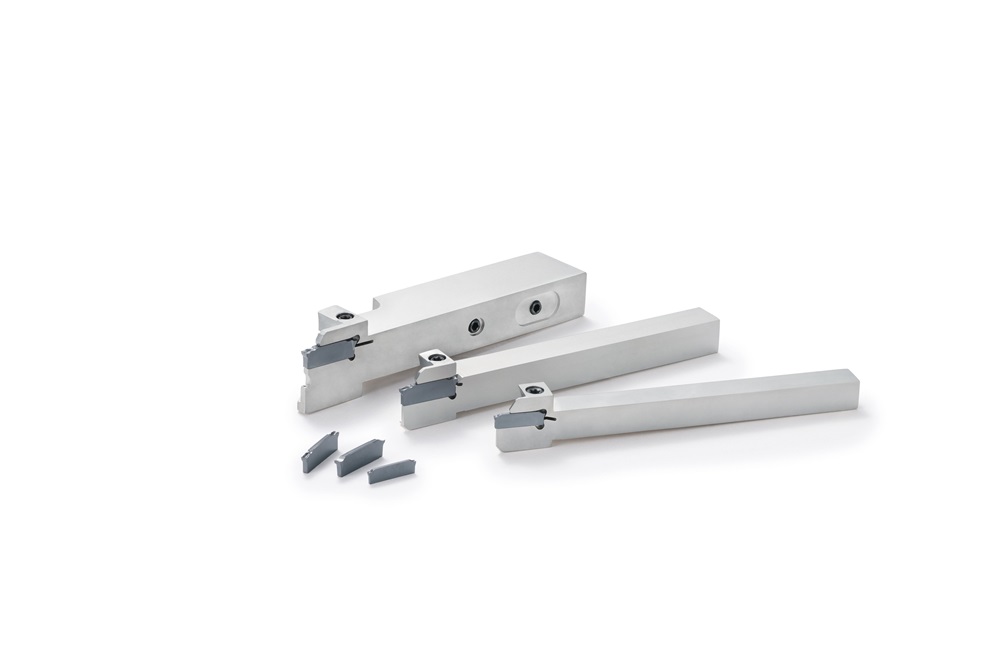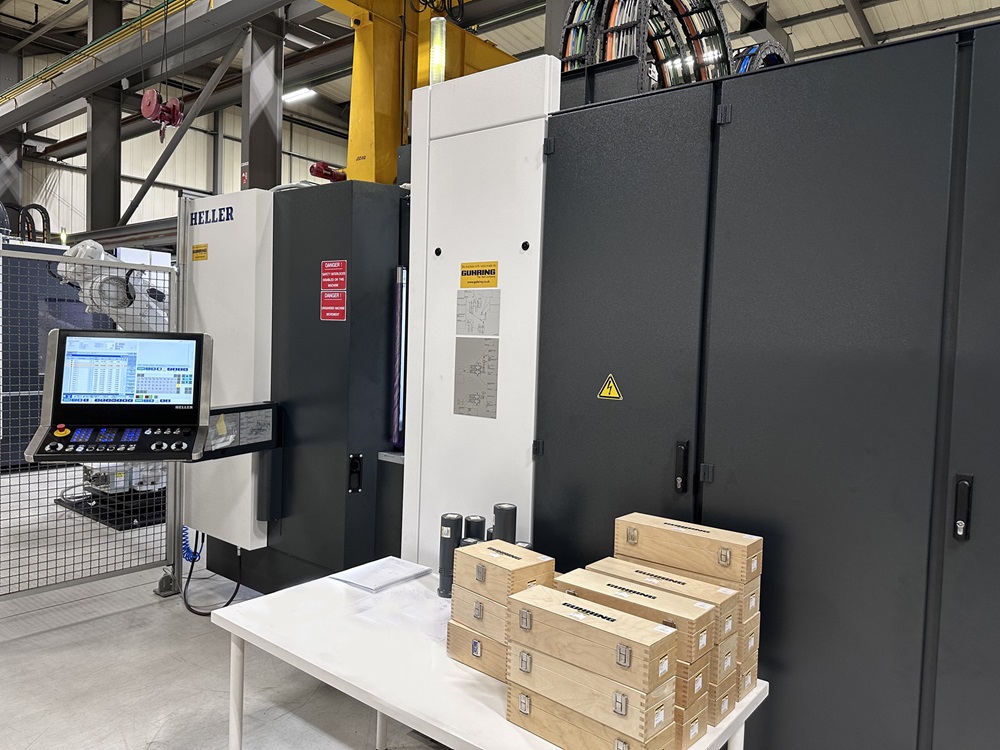Rochdale-based Volz Engineering is a subcontract machining company that services the
automotive, aerospace and agricultural industries. With six CNC machines running 18 hours
a day, Volz sends out more than 500 parts a week.
Constantly looking for process improvements, a standout example of a tooling
recommendation which had tremendous impact was for a bespoke step drill. Required for a
job needing the drilling of one hole at different diameters at depths, Volz previously used
multiple inserts. However, swapping tools throughout the process reduced the overall
reliability and accuracy of the finished product, making it difficult to achieve the critical
tolerance of 0.02 mm. The machine process, with the necessary changes to tooling, took a
total of 26 minutes. This is where Ceratizit identified an opportunity to optimise the process.
Purposefully created to fulfil Volz’s exact specifications, Ceratizit designed and
manufactured a unique step drill. After installation, the total machine process time reduced
by more than 50% to just over 10 minutes. Moreover, using step drill requires just one
machine process to achieve the different diameters.
“The step drill was a game changer,” states James Alletson, operations manager at Volz
Engineering. “Not only did the time taken to machine each part dramatically decrease, but
with no machine interruptions we could achieve a greater level of precision. Since using the
step drill we haven’t had to replace it yet, despite the 500 parts a week it’s drilling.”
Impressed by the initial results of Ceratizit tooling, Volz began to switch out more tooling.
Indeed, a Ceratizit vending machine arrived on the shop floor around 18 months ago.
More information www.ceratizit.com



















